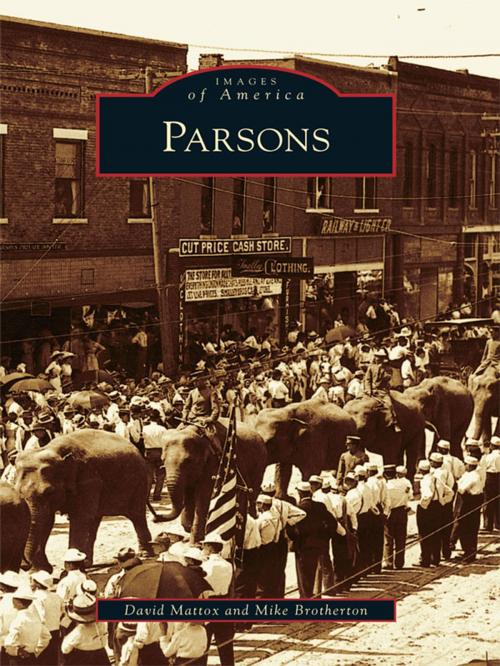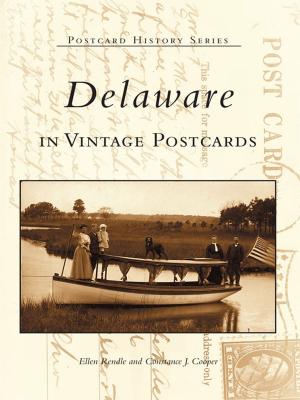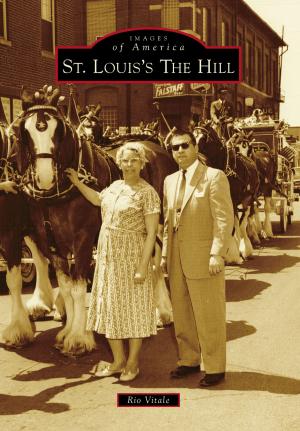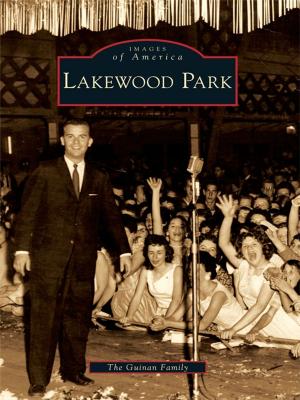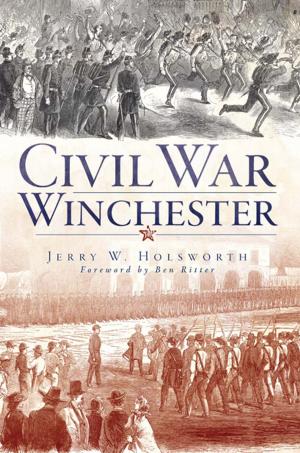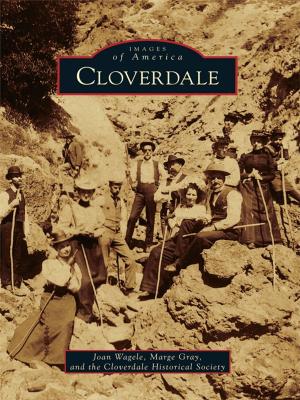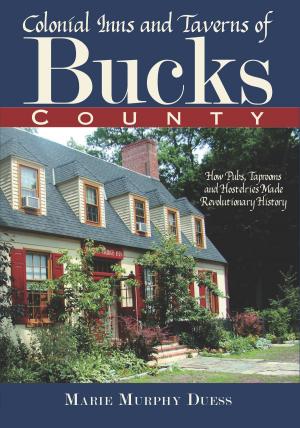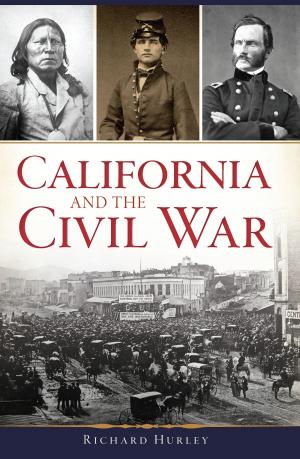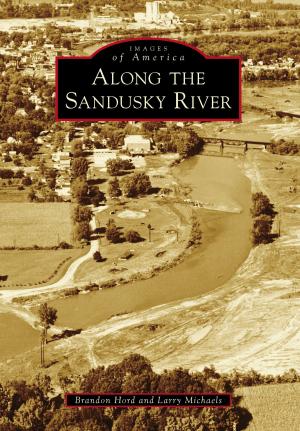| Author: | David Mattox, Mike Brotherton | ISBN: | 9781439636886 |
| Publisher: | Arcadia Publishing Inc. | Publication: | September 22, 2008 |
| Imprint: | Arcadia Publishing | Language: | English |
| Author: | David Mattox, Mike Brotherton |
| ISBN: | 9781439636886 |
| Publisher: | Arcadia Publishing Inc. |
| Publication: | September 22, 2008 |
| Imprint: | Arcadia Publishing |
| Language: | English |
Parsons, located in southeast Kansas, owes its existence to the railroad. When the first Missouri-Kansas-Texas Railroad locomotive reached the southern border of Kansas in June 1870, the railroad won two prizes, the coveted right to build across Oklahoma Indian Territory and the right to acquire extensive land grants in the territory. The fall of the same year, railroad executives selected a site for a major junction and terminal. The Parsons Town Company sold its first lots in 1871 at Parsons Junction, named for railroad president Judge Levi Parsons. Because of the town�s phenomenal growth, it soon earned the title of �Infant Wonder of the West.� The photographs contained in this book, including some of the earliest known of Parsons, serve as testimony to the energies and ingenuity of early settlers. These images also depict the development of Parsons-on-the-Prairie and its transformation from frontier town to the �Queen City of the Great Southwest.�
Parsons, located in southeast Kansas, owes its existence to the railroad. When the first Missouri-Kansas-Texas Railroad locomotive reached the southern border of Kansas in June 1870, the railroad won two prizes, the coveted right to build across Oklahoma Indian Territory and the right to acquire extensive land grants in the territory. The fall of the same year, railroad executives selected a site for a major junction and terminal. The Parsons Town Company sold its first lots in 1871 at Parsons Junction, named for railroad president Judge Levi Parsons. Because of the town�s phenomenal growth, it soon earned the title of �Infant Wonder of the West.� The photographs contained in this book, including some of the earliest known of Parsons, serve as testimony to the energies and ingenuity of early settlers. These images also depict the development of Parsons-on-the-Prairie and its transformation from frontier town to the �Queen City of the Great Southwest.�
